Publications
Articles, publications, books, tools and multimedia features from the U.S. Institute of Peace provide the latest news, analysis, research findings, practitioner guides and reports, all related to the conflict zones and issues that are at the center of the Institute’s work to prevent and reduce violent conflict.
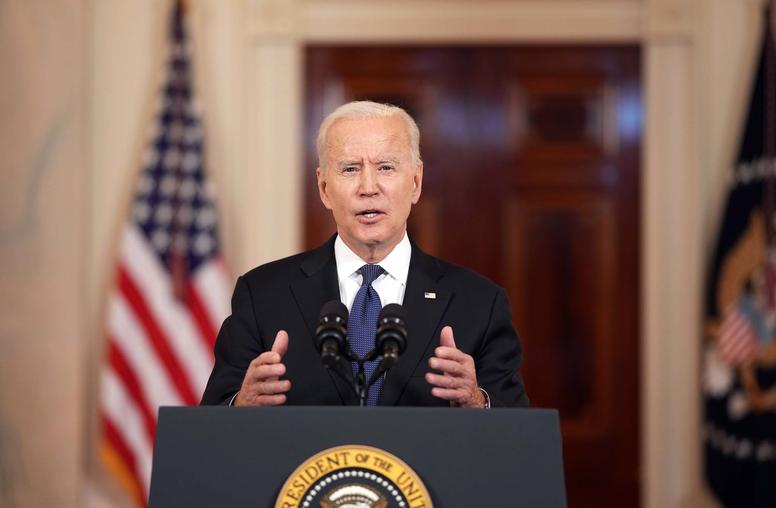
Biden’s Implicit Warning to Israelis and Palestinians
As a new government takes power in Israel, questions emerge about its collective ability and will to move the needle in a constructive direction on the ongoing occupation and the Israeli-Palestinian conflict. The narrow coalition, spanning a broad political and ideological spectrum, consists of avowed opponents of a Palestinian state — Prime Minister Naftali Bennett among them — alongside staunch advocates for the two-state solution. The governing coalition also assumes its role in a divided society on several fronts following 12 consecutive years with Prime Minister Benjamin Netanyahu at the helm.
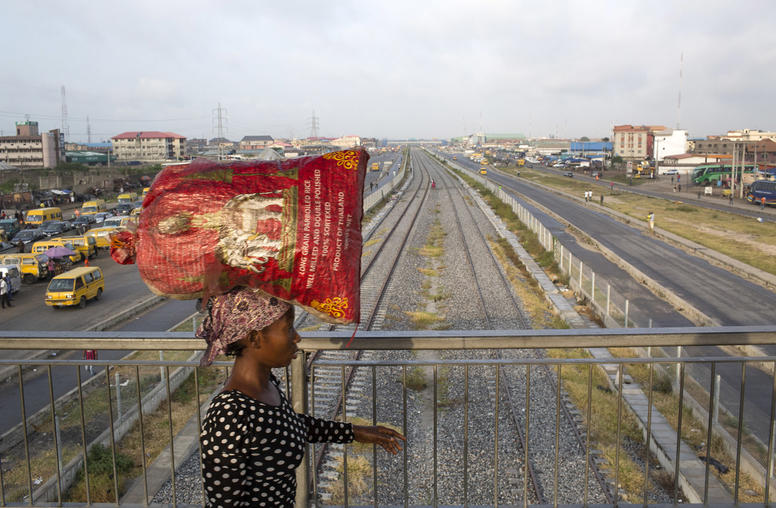
Countering China on the Continent: A Look at African Views
As U.S. policy has increasingly focused on countering China’s influence worldwide, Africa also has come under this lens. While the administration and Congress consider approaches and policy options, it is important to ask what Africans think of U.S. efforts to counter China’s growing role on their continent. While U.S. foreign policy should serve American interests, it will be most successful if cognizant and, when possible, reflective of the interests and aspirations of Africans.
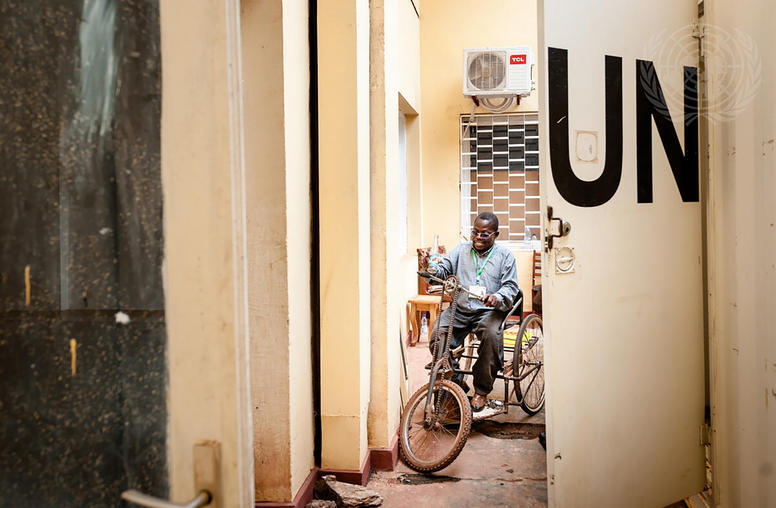
Toward Disability-Inclusive Peacebuilding
When it comes to conflict and peace, people with disabilities are often overlooked — with potentially devastating consequences. People with disabilities are disproportionately affected by violent conflict, where basic humanitarian protections can unintentionally exclude them if not made accessible. When it comes to peacebuilding, people with disabilities have been routinely blocked from the table — and even when they are included, they’re often seen only as beneficiaries, not as full partners. The resulting dynamic has often left people with disabilities struggling to find proper resources during times of conflict and consistently shut out from shaping peace in their communities.
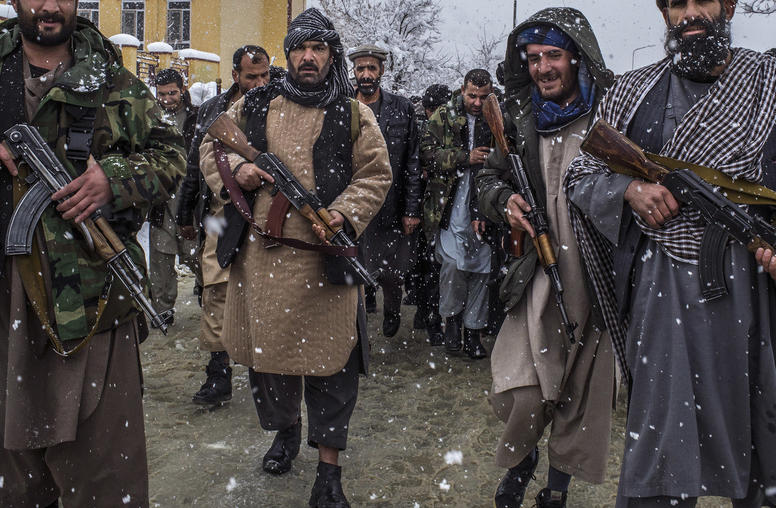
After Afghanistan Withdrawal: A Return to ‘Warlordism?’
As the United States withdraws from Afghanistan, Washington is considering options to ensure its intelligence-gathering and counterterrorism capabilities are maintained. Recent reporting suggests that United States is looking to use bases in Pakistan and in the former Soviet Republics in Central Asia — although without success so far. Washington is also mulling over engaging with Afghan warlords as part of this effort, a strategy it relied on in the 1980s and 90s and to a lesser extent over the last two decades. If history is any guide, this strategy will pose significant risks that could have deadly and destabilizing consequences for Afghanistan and the region.
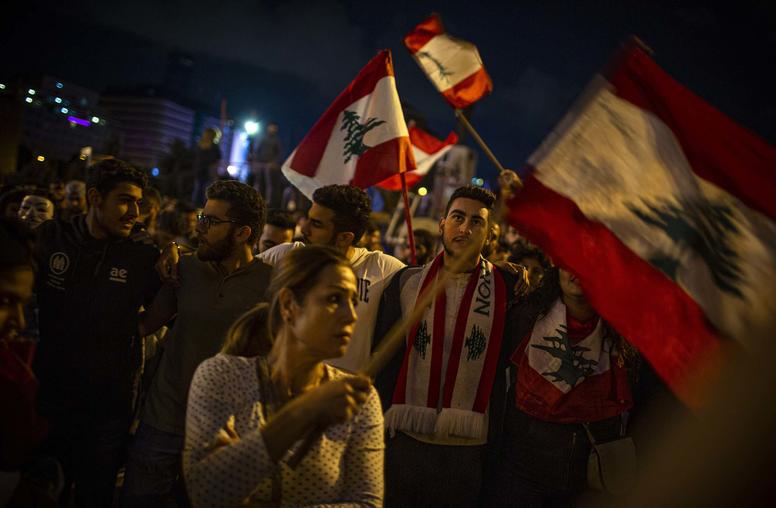
What Could Make or Break Lebanon’s 2022 General Election
Lebanon, unlike many other countries, is actually ruled by a conglomerate of political figures and business elites and organizations. Therefore, a change in Lebanon can neither be about a single politician or party nor can it be led by one political group. In the past 15 years, there were several attempts to alter the governance model and practices in Lebanon. All of them proved unsuccessful for various reasons including the toxic manipulation of identity-based politics by the majority of politicians and clerics, deep-seated corruption, twisted social norms, regional power competition and the absence of an organized, competent and capable political alternative.
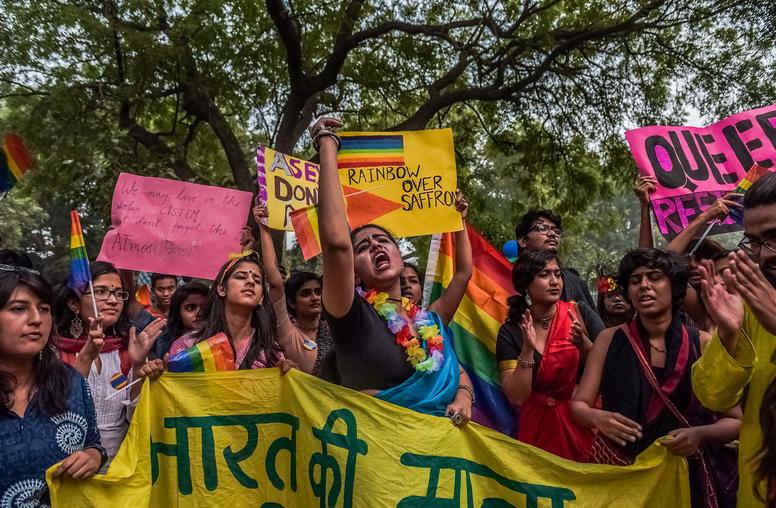
Why Gender and Sexual Minority Inclusion in Peacebuilding Matters
A society cannot be considered peaceful when certain groups within it experience targeted and ongoing forms of violence and discrimination. Despite this recognized importance of inclusivity, gender and sexual minorities (GSM) remain largely invisible in peacebuilding. Even in the international Women, Peace and Security (WPS) agenda, which has become a significant entry point for addressing gender dynamics in peacebuilding, GSM rights, protection and participation are also inadequately addressed. The absence of established norms for and approaches to GSM inclusion means that it is incumbent on peacebuilders to think more intentionally about why and how GSM can be included.
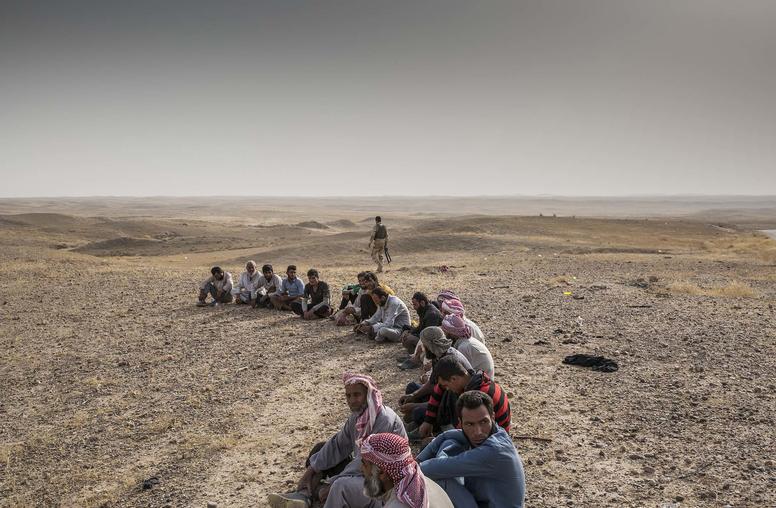
ISIS-Driven Displacement Remains Key Challenge as Iraq Prepares for Elections
Iraq remains a struggling nation confronting enormous, social, economic and reconstruction challenges yet progressing in critical areas such as resettling its displaced population and preparing for national elections this fall, two ministers of the Baghdad government said.
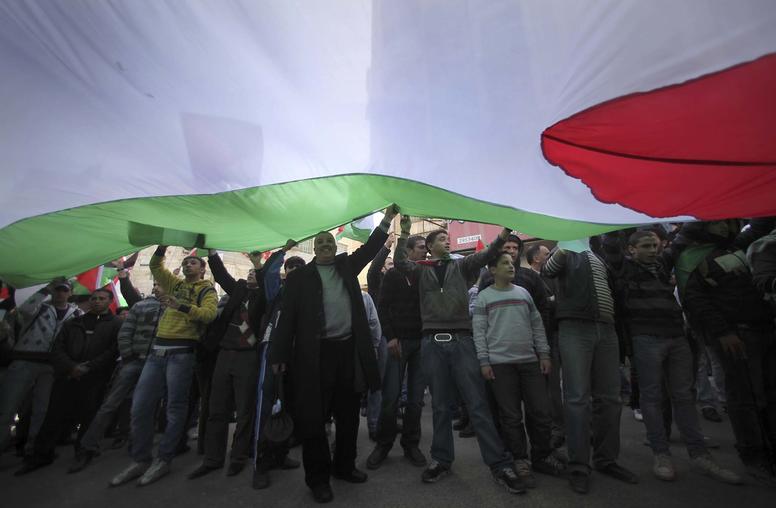
Palestinians’ Divided House Hampers Peace
In a scene reminiscent of the uprisings that swept the Middle East 10 years ago, Palestinian protesters took to the streets over the weekend, chanting, “The people want to bring down the regime.” The recent death of activist and Palestinian Authority critic Nizar Banat while in the custody of Palestinian security forces was the proximate cause for the unrest. But Palestinians’ disenchantment with their leadership has much deeper roots. Fifteen years after the last national elections, the Palestinian polity is as fractured as ever, adding but another obstacle to resolving the seemingly intractable Israeli-Palestinian conflict.
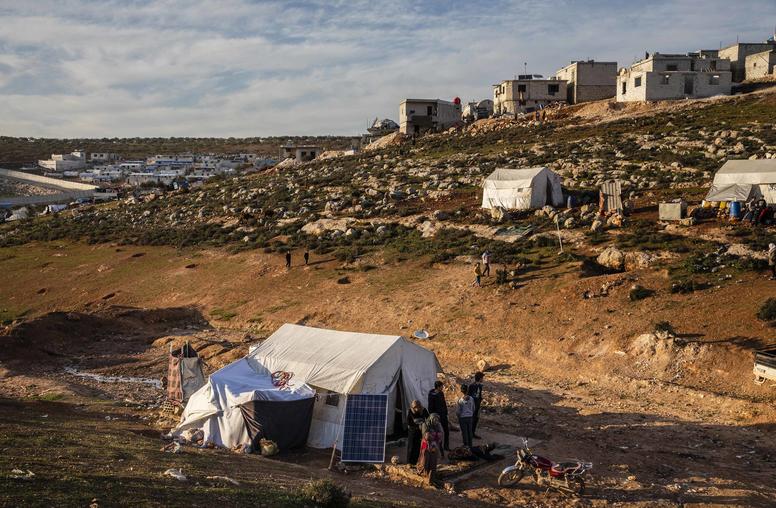
With Syria’s Last Aid Crossing on the Line, Can U.S., Russia Make a Deal?
A crucial deadline that will determine the future of humanitarian aid to Syria looms this week, as the authorization for the Bab al-Hawa crossing on the Turkey-Syria border expires on July 10. The crossing is the last with a U.N. mandate allowing aid to be delivered directly, without having to first go through the Assad regime in Damascus. While Washington has been insistent that the crossing should remain open, with a senior official calling it a matter of “life and death,” Moscow has said the cross-border aid undermines Syria’s sovereignty. Russia has used its veto power in the Security Council to prevent extensions of three other such aid crossings.
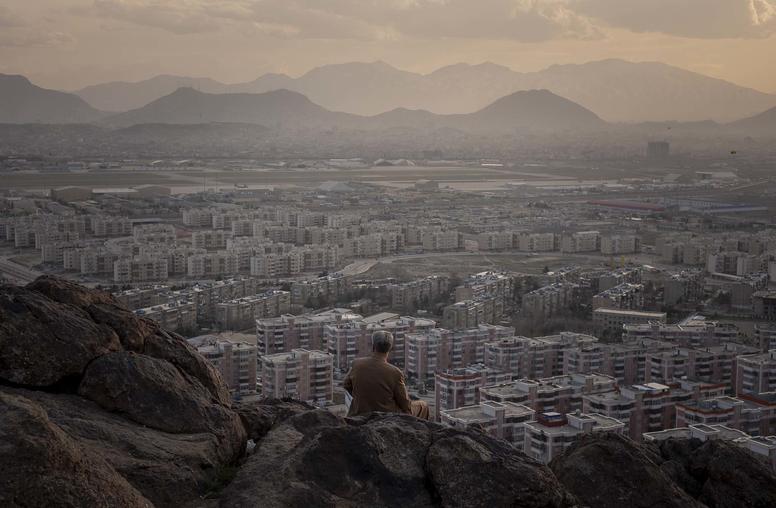
As U.S. Troops Leave Afghanistan, Can Aid Help in Pursuing Peace?
As American troops leave Afghanistan, U.S. policymakers are trying to find other tools to advance peace between the Taliban and the Afghan government. One possible instrument is financial aid, which poured into Afghanistan during the 20-year international military presence in the country. There is, however, no guarantee that aid can help shape events. Certainly, a sudden cutoff of security and civilian support would trigger state collapse. Otherwise, though, expectations should be modest: Experience — in Afghanistan and elsewhere — shows aid has limited impacts, especially amid heavy fighting. The best course for now is to keep assistance at least at its current level, particularly for the Afghan budget, retain flexibility and keep funding available to facilitate moves toward peace and address humanitarian emergencies.